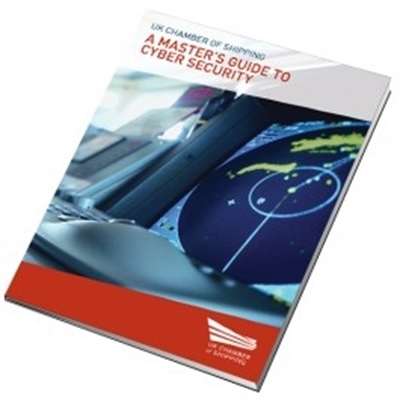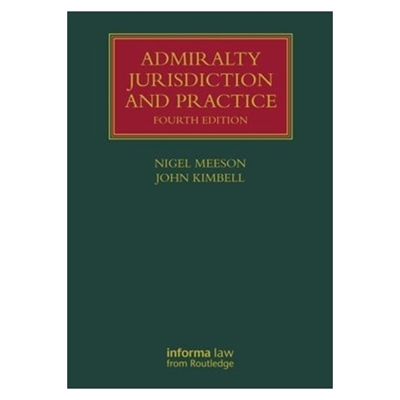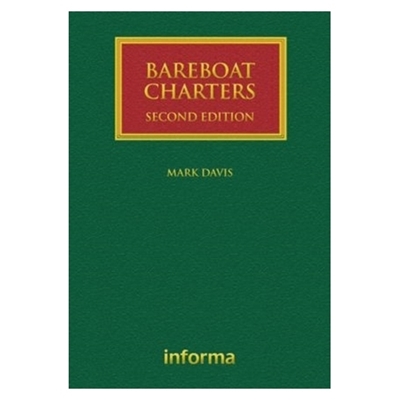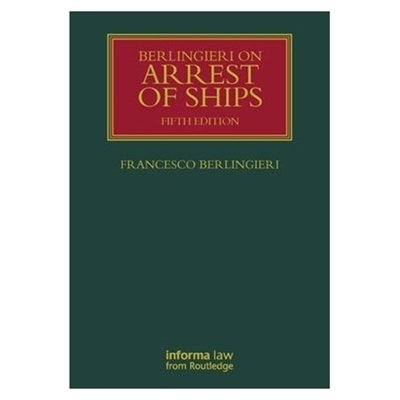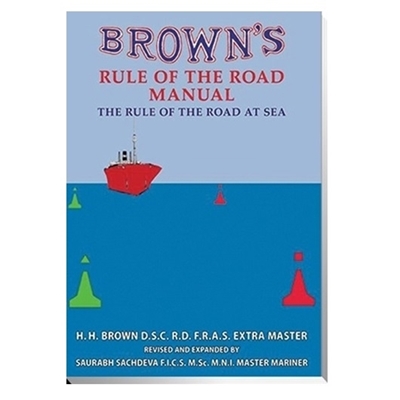Close
- Cartas e Publicações
-
Indústria Naval

-
Náutica

-
Indústria Terrestre

-
Equipamentos p/ portos
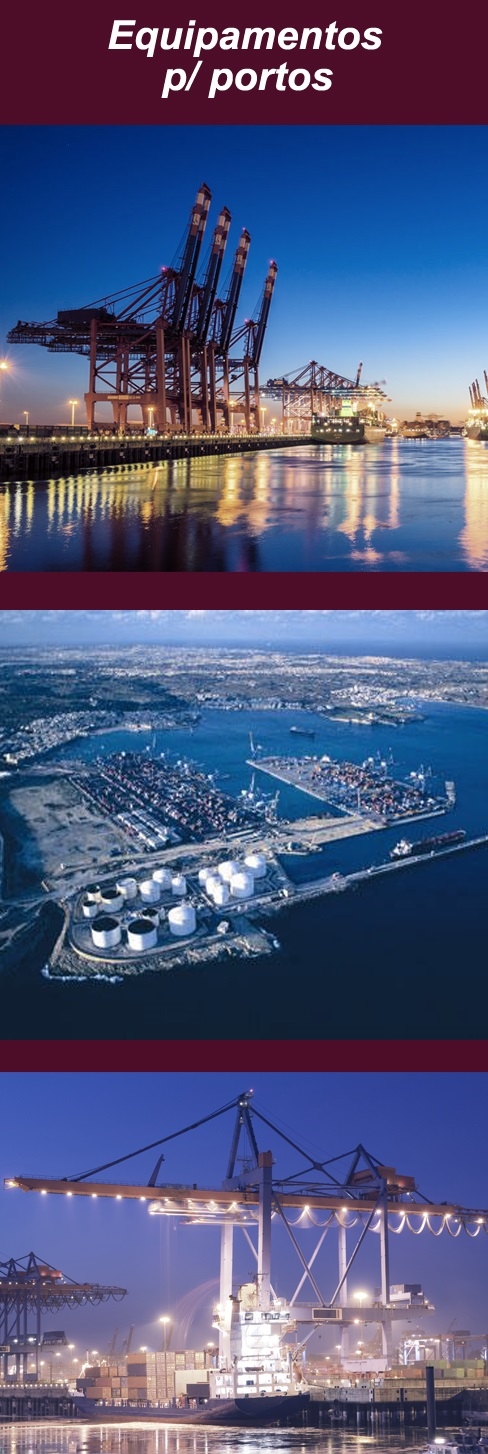
- Proteção Covid-19
- Sobre Nós
- Novidades
- Marcas
- Contactos
- Serviços
- Catálogos
Menu
(0)
items
You have no items in your shopping cart.
Catálogo
Menu
Carrinho de Compras
Filters
Personal menu
Preferencias
Procurar
- Home /
- Cartas e Publicações /
- Publicações /
- Marine law, Insurance, and Arbitation /
- The Rotterdam Rules: A Practical Annotation, 2009
Produtos Relacionados
-
2020 Panama Regulations
Solicitar Preço -
A Master’s Guide to Cyber Security
Solicitar Preço -
Admiralty Jurisdiction and Practice, 5th Edition 2016
Solicitar Preço -
An Introduction to P&I Insurance for Mariners - SKULD Edition
Solicitar Preço -
Bareboat Charters, 2nd Edition 2005
Solicitar Preço -
Berlingieri on the Arrest of Ships - 5th Edition, 2011
Solicitar Preço -
Bills of Lading, 2nd Edition 2016
Solicitar Preço -
Brown´s Rule of the Road Manual, 19th Edition
Solicitar Preço -
Cargo Insurance Contract and the Institute Cargo Clauses, 1995
Solicitar Preço
Apoio ao Cliente
Área Reservada
Contactos
- Praceta Augusto Dias Silva, 94 2B 2785-521 Sao Domingos de Rana
- info@jgarraio.pt
- Tel.: +351 213 473 081

Copyright © 2024 JGARRAIO. Todos os direitos reservados.
As fotos apresentadas podem não corresponder as configurações descritas.
Preços e especificações sujeitos a alteração sem aviso prévio.
A J. Garraio declina qualquer responsabilidade por eventuais erros publicados no site.
As fotos apresentadas podem não corresponder as configurações descritas.
Preços e especificações sujeitos a alteração sem aviso prévio.
A J. Garraio declina qualquer responsabilidade por eventuais erros publicados no site.
Todos os preços incluem IVA. Exclui o valor dos portes de envio.
Powered by nopCommerce
Desenvolvido pela Agência PRIMEWAY - Plataformas Digitais • Design • Marketing Digital






















































